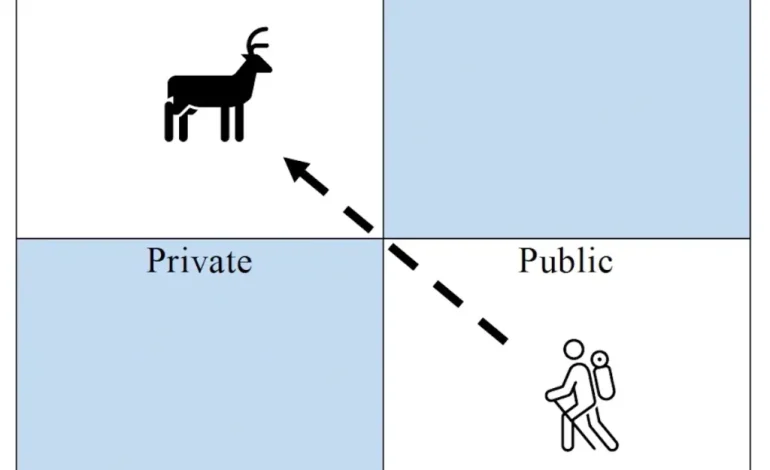Attorneys for four hunters say the US Supreme Court shouldn’t touch Elk Mountain Ranch owner Fred Eshelman’s trespass appeal, calling his bid “procedurally deficient and doctrinally unfounded” in a 39-page response filed Wednesday.
Their core point: Eshelman’s late-breaking claim that “corner crossing” amounts to an unconstitutional taking of private property wasn’t fully argued in the lower courts, so it isn’t ripe for the justices.
“This Court should not take this case to explore Iron Bar’s procedurally deficient and doctrinally unfounded takings theory,” lawyers Ryan Semerad and Lee Mickus wrote.
Elk Mountain Ranch spans roughly 20,000 acres in Carbon County, wrapping around 6,000-plus acres of public land. In southern Wyoming’s checkerboard of alternating public and private square-mile sections, some public parcels can be reached only by stepping from one public square to the next at a shared corner—without touching private ground. That move inevitably passes through private airspace, which Eshelman argues is trespass.
Digital mapping firm onX estimates that if corner crossing is illegal, 8.3 million acres of Western public land would be off-limits to the public.
Missouri hunters Bradly Cape, John Slowensky, Phillip Yeomans (in 2020) and Zachary Smith (in 2021) corner crossed to reach public land on Elk Mountain. A jury acquitted them of criminal trespass in 2022. Eshelman then sued in civil court to block corner crossing on his property. A federal judge ruled he couldn’t shut the public out of landlocked public parcels, and the 10th Circuit Court of Appeals affirmed.
Eshelman’s petition to the Supreme Court warns that the 10th Circuit ruling “steamrolls state law, takes easements, and revolutionizes property law affecting up to 150 million acres of private land.” The hunters call that overblown:
“Iron Bar complains that this narrow decision effectively legalized trespassing across the country, destroying billions of dollars in property value. The hyperbole is misplaced.”
What the hunters argue
- Takings claim wasn’t preserved. Because Eshelman and his company, Iron Bar Holdings, floated the takings theory late and only in passing, the justices shouldn’t weigh in.
- The Unlawful Inclosures Act controls. The hunters say the 10th Circuit correctly applied the 1885 law, passed to stop landowners from blocking access to public land with fences, threats, or other barriers. Where state trespass rules conflict, they argue, the federal law prevails.
- Leo Sheep doesn’t apply. Eshelman leans on the Supreme Court’s Leo Sheep decision from another Carbon County dispute, but the hunters say that case didn’t involve the 1885 act and addressed a different question (a federal road across a corner), not whether private owners can extinguish all access to neighboring public land.
- The ruling is narrow. The appeals court didn’t “immunize a trespasser who marches straight down the middle of private property.” It held only that when public access is otherwise blocked, a checkerboard landowner can’t sue a corner crosser who never physically touched private land.
The Wyoming chapter of Backcountry Hunters & Anglers has backed the four, arguing the case needed to be fought to balance a wealthy landowner’s resources. Iron Bar bought its checkerboard holdings in 2005, the hunters note, long after the 1885 law set limits on fencing out the public.
Next up: the justices will decide whether to hear the case—or let the 10th Circuit’s corner-crossing ruling stand.
The original story by for WyoFile.










The latest news in your social feeds
Subscribe to our social media platforms to stay tuned